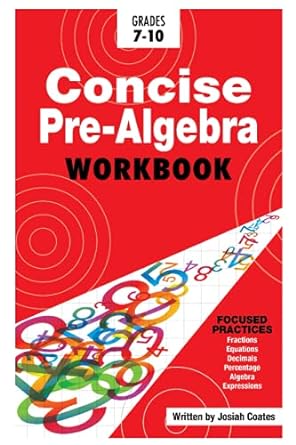Question
2. We will reject a hypothesis statistically when the probability of a particular observed event is extremely small; in other words, when it is highly
2. We will reject a hypothesis statistically when the probability of a particular observed event is extremely small; in other words, when it is highly unlikely to occur by chance. Note that a legal verdict of not guilty does not say the accused is innocent. Why do you think that is? What is the equivalent statistical statement when we do not reject a hypothesis statistically?
(Please do not use this discussion area to discuss recent current events court cases that you think are unfair, unless you can relate them to statistics.)
1. One of my personal philosophies of life is that we're all normal - it's a pretty wide curve, and we're all on that normal curve somewhere :)
Most statistical tests in this course assume the data has been collected with an appropriate sampling method such as a simple random sample and that the population has approximately a normal distribution. How would you decide that your data is approximately normal?
3. In this post I invite you to think about the role of the alternative hypothesis.
Suppose your null hypothesis is Ho: = 100, for a population that is Normally distributed and having = 15. You have three potential alternative hypotheses H1.
What difference in your calculation and in your conclusion does it make which of the three you use?
In a two-tail test, what is it about the P-value that is important to remember?
4.
Suppose we have a population with a Normal distribution of SAT scores with population mean = 500 and population standard deviation = 100. If you choose one person at random and ask what the probability of that person having a score less than 550, you would calculate the Z value (x - )/ = (550-500)/100 = 0.5, and then look up in the Normal table P(Z < 0.5) = .6915.
Now suppose we take a sample of 30 members of this population, and we want the probability of that sample mean having a score less than 550. How, if at all, does the calculation change?
Step by Step Solution
There are 3 Steps involved in it
Step: 1

Get Instant Access to Expert-Tailored Solutions
See step-by-step solutions with expert insights and AI powered tools for academic success
Step: 2

Step: 3

Ace Your Homework with AI
Get the answers you need in no time with our AI-driven, step-by-step assistance
Get Started


